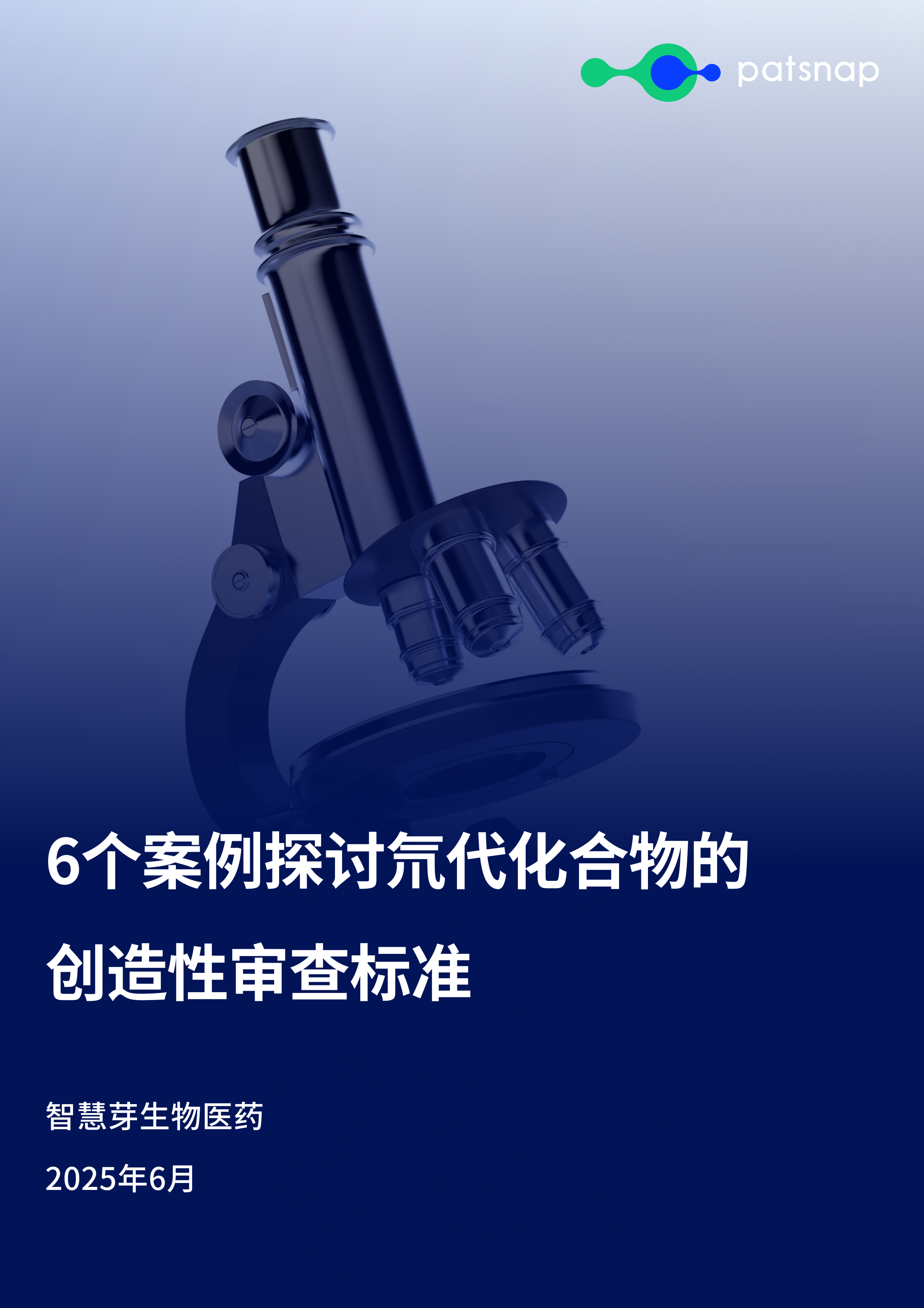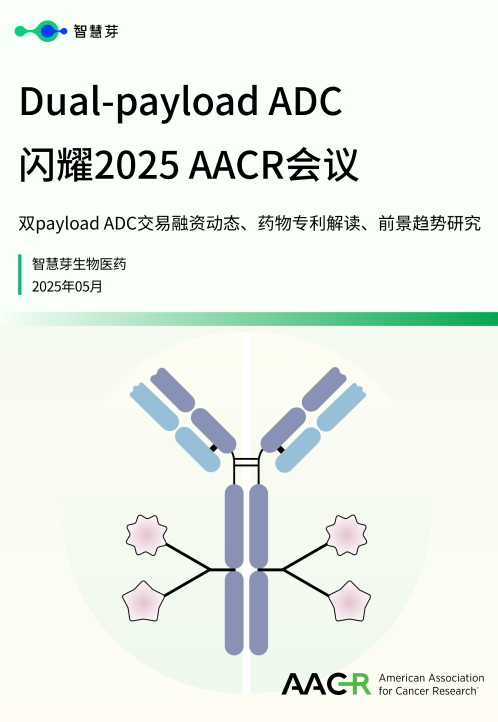预约演示
Novartis doubles down on IFM's innate immune drugs, acquiring subsidiary
免疫疗法引进/卖出并购抗体药物偶联物
Novartis has pulled the trigger on a multi-million-dollar deal, exercising its option to reel in another subsidiary of IFM Therapeutics focused on developing small-molecule STING antagonists.
The acquisition announced Wednesday is the culmination of a collaboration between the two companies that began in 2019 when the Swiss drugmaker acquired IFM Therapeutics' IFM Tre unit and its portfolio of experimental drugs targeting the NLRP3 inflammasome for $310 million upfront. That deal also includes potential milestone payments worth nearly $1.3 billion.
Meanwhile, Novartis also had its eye on the company's IFM Due subsidiary – the centrepiece of Wednesday's transaction – with a view to developing immunotherapies that inhibit the cGAS/STING pathway to treat inflammatory and autoimmune diseases. Novartis gained the option to acquire IFM Due in return for covering R&D costs for the cGAS-STING programme.
Another +$800M in milestones
Now that Novartis has exercised the option, which triggered an upfront payment of $90 million, IFM Therapeutics is eligible for up to $745 million in additional milestones. The company previously offloaded its STING agonist programme to Bristol Myers Squibb as part of a wider collaboration potentially worth up to $2.3 billion.
The cGAS-STING pathway operates in the innate immune system, detecting cytosolic DNA as a signal of cellular danger and triggering an inflammatory response; its dysregulation is thought to be behind a variety of serious inflammation-driven diseases.
"We have been steadfast in our belief that selectively targeting STING to block the cGAS-STING pathway has the potential to deliver a powerful therapeutic option for patients with serious chronic illnesses," said H. Martin Seidel, chief executive at IFM Therapeutics.
A previous foray by Novartis in the oncology space ended in defeat back in 2019 when the drugmaker axed an experimental STING pathway activator developed by Aduro Biotech from its portfolio.
Meanwhile, other companies are exploring STING inhibitorsSTING inhibitors as a means to control innate immunity and inflammation. In 2022, BioNTech signed a research and licensing deal centred on Ryvu Therapeutics' STING agonists to potentially boost the efficacy of cancer immunotherapies. That was followed shortly after with Merck KGaA teaming up with Mersana Therapeutics on immunostimulatory antibody-drug conjugates (ADCs) using the latter's STING-agonistSTING-agonist ADC platform.
更多内容,请访问原始网站
文中所述内容并不反映新药情报库及其所属公司任何意见及观点,如有版权侵扰或错误之处,请及时联系我们,我们会在24小时内配合处理。
Eureka LS:
全新生物医药AI Agent 覆盖科研全链路,让突破性发现快人一步
立即开始免费试用!
智慧芽新药情报库是智慧芽专为生命科学人士构建的基于AI的创新药情报平台,助您全方位提升您的研发与决策效率。
立即开始数据试用!
智慧芽新药库数据也通过智慧芽数据服务平台,以API或者数据包形式对外开放,助您更加充分利用智慧芽新药情报信息。




